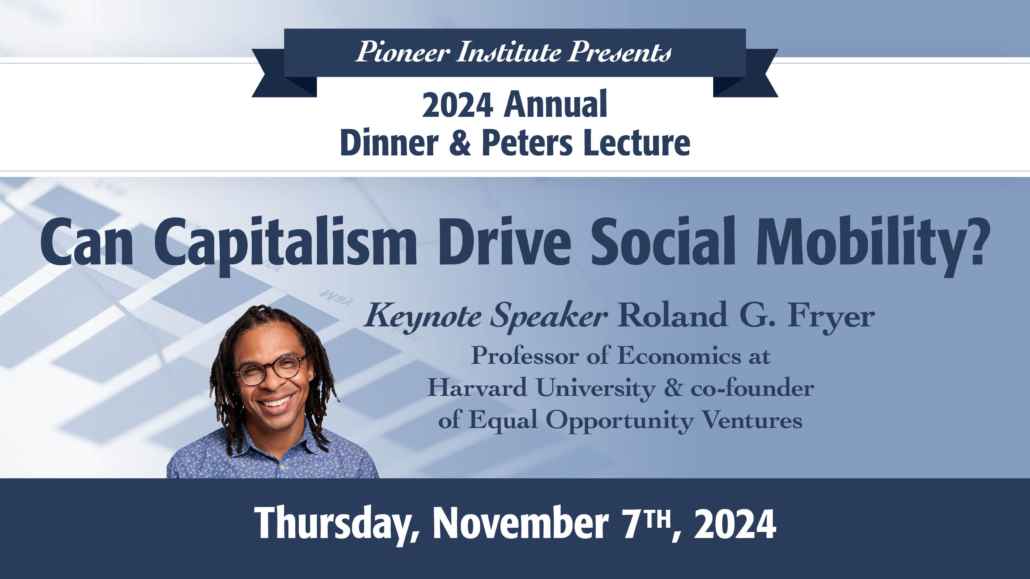Massachusetts’ Workforce Growing Older and More Diverse, Remains Highly Educated
State relies on highly skilled immigrants to counteract net domestic outmigration and low birth rate BOSTON – The Massachusetts labor force is growing older, more female and workers are less likely to quit than in most other states, according to “Deep Dive: The Massachusetts Labor Force in 2023,” Pioneer Institute’s annual report on the state labor force. “Last year, the labor participation among women in Massachusetts was nearly five points above the national average,” said Pioneer Executive Director Jim Stergios. “Women’s participation in the labor force was only six points below that of men, the narrowest gap we’ve seen.” The Commonwealth’s women are a driving force behind New England consistently having the second highest participation rate among the Census Bureau’s […]

